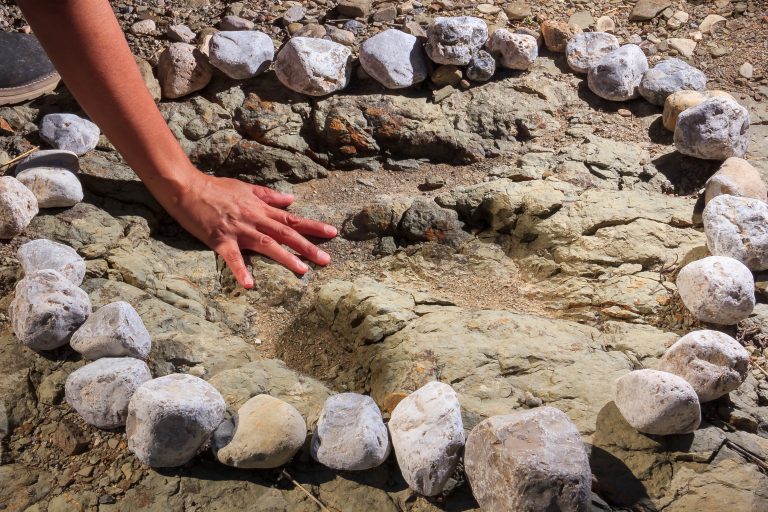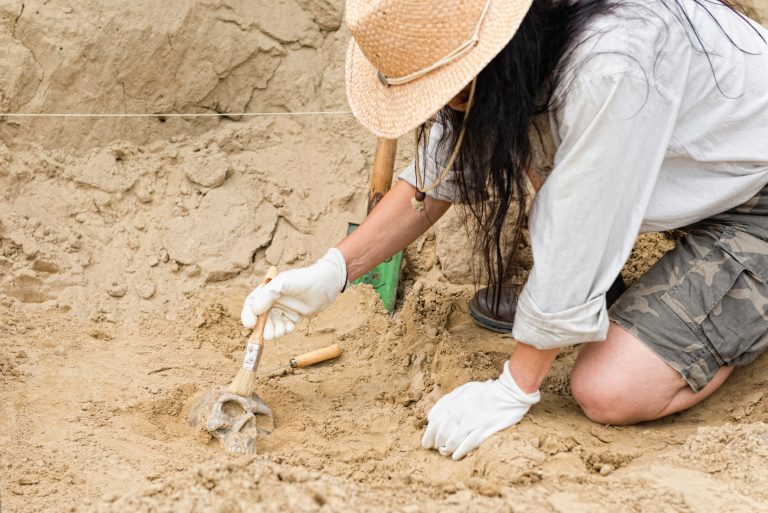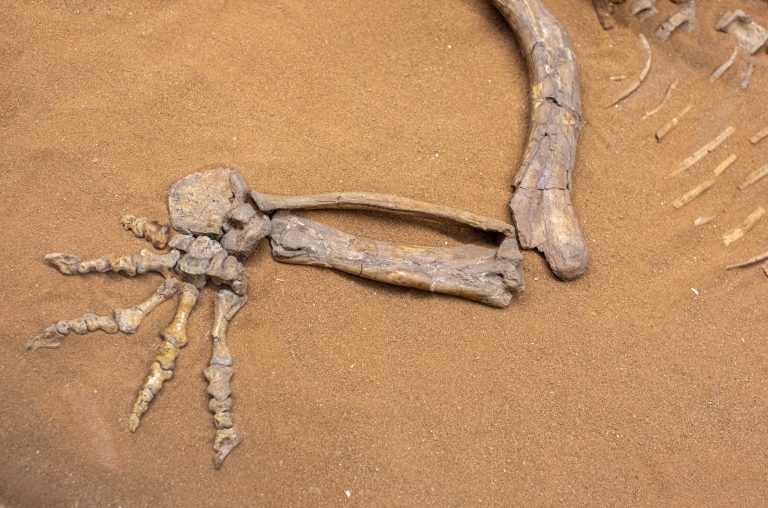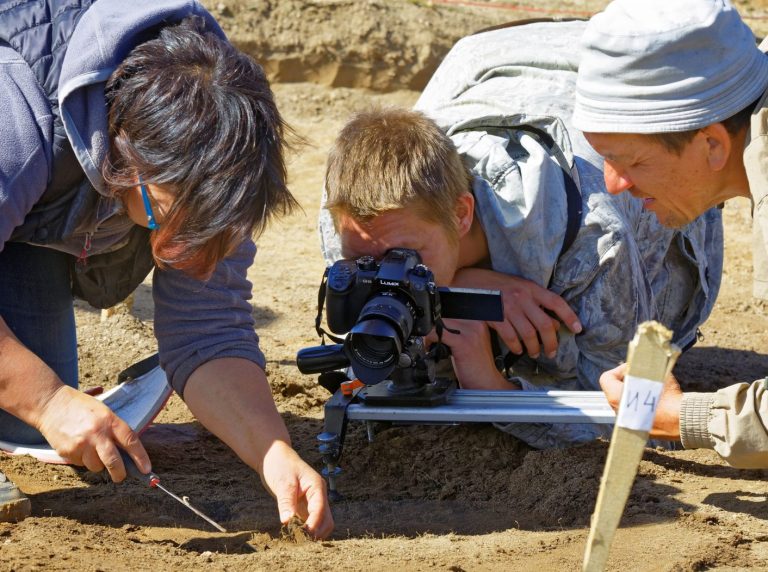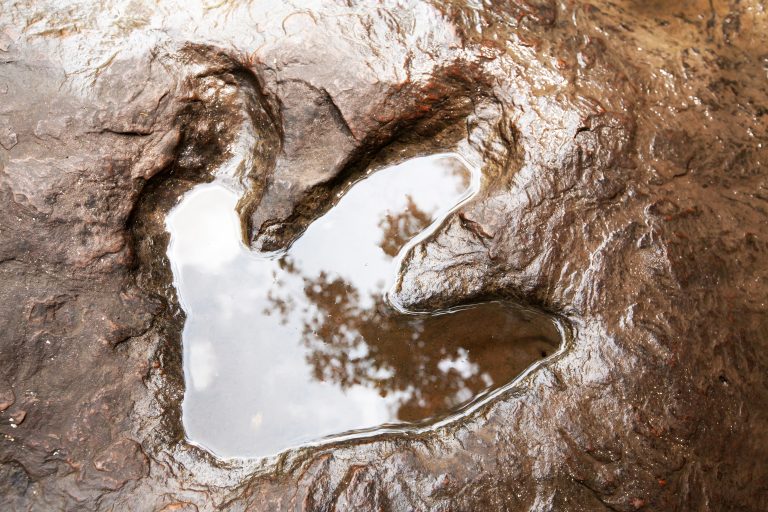5 Facts on Florida Fossil Collecting Permits
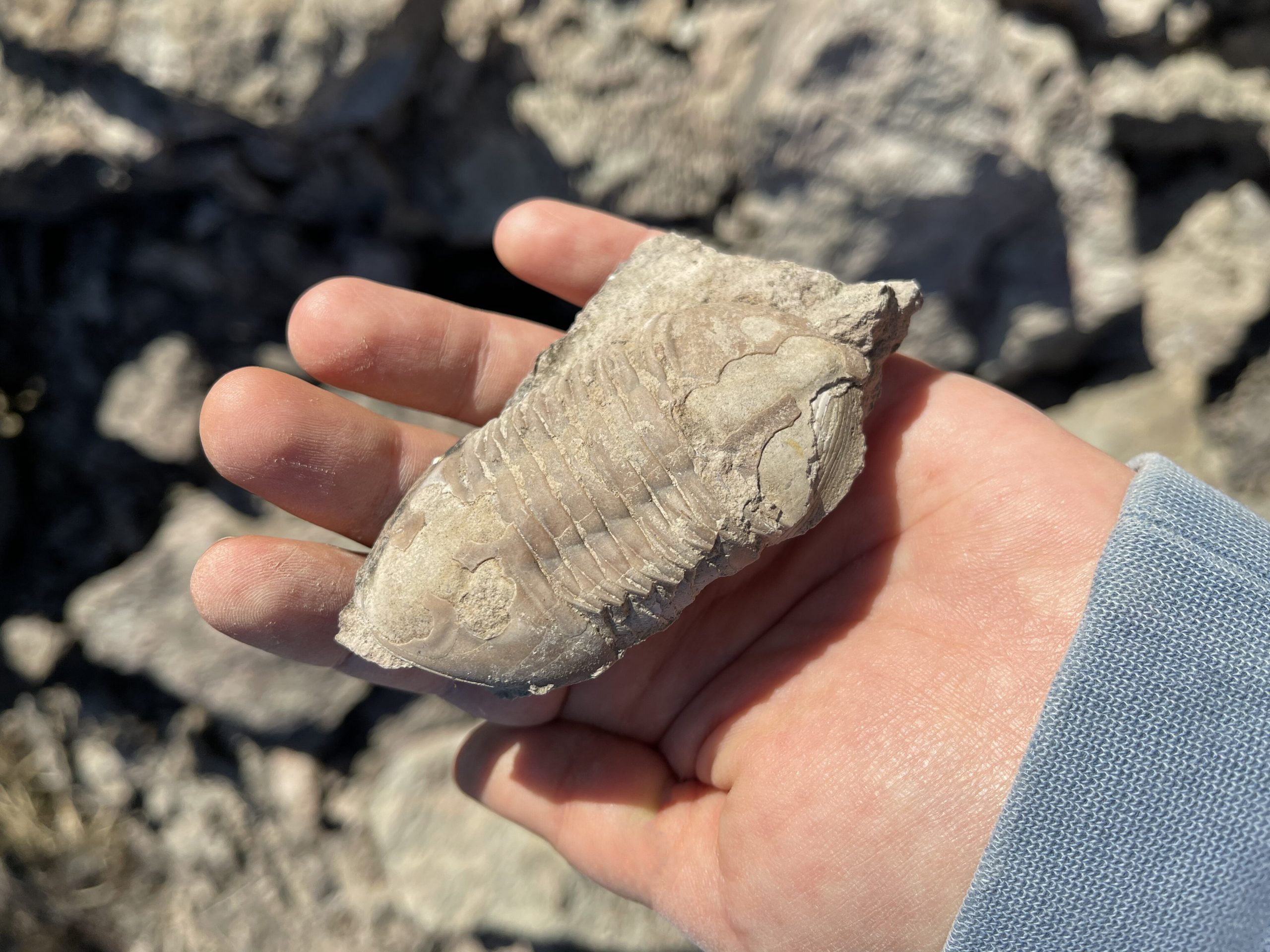
Welcome to the sun-drenched shores and the prehistoric playground of Florida, a haven for fossil enthusiasts! Whether you’re a seasoned collector or a curious newcomer, understanding the ins and outs of fossil collecting permits in this state is crucial for a responsible and rewarding experience.
Florida’s geological history is a fossil hunter’s paradise, featuring ancient seabeds and phosphate mines that reveal a diverse range of prehistoric treasures. From small shark teeth to massive mastodon bones, the state’s unique location on the continental shelf offers a captivating glimpse into the past.
As a travel writer exploring this sandy time capsule, the thrill of finding a megalodon tooth rivals hitting the Florida lottery!
1. Permit Necessities Explained
In Florida, taking home a piece of the past isn’t as simple as finders keepers. To legally collect fossils, you need a permit, and that’s non-negotiable. This system helps preserve significant archaeological sites and ensures that fossil collection is done sustainably.
Hey hey! Don’t forget to subscribe to get our best content 🙂
Without a permit, you’re not just breaking the law; you’re robbing future generations of the chance to marvel at these natural time capsules.
2. Types of Collecting Permits
Florida offers two main types of fossil collecting permits: one for casual collectors and another for those conducting scientific research. If you’re looking to add to your collection, the former should suffice.
However, you’ll need to apply for the latter for any research-related endeavors or extensive excavations. It’s important to choose the right permit to match your fossil-hunting goals.
3. Where to Apply for Permits

Permits are issued by the Florida Program of Vertebrate Paleontology, which operates under the Florida Museum of Natural History. Applications can be submitted online or through the mail, and I recommend checking their website for the most current forms and instructions. It’s your first step on the journey to becoming a bona fide fossil hunter.
4. Costs and Fees for Permits
The cost of a fossil permit in Florida is surprisingly affordable, often less than a good pair of digging gloves. As of my last foray into the field, the price for a casual collector’s permit was a mere $5. It’s a small price to pay for the privilege of unearthing ancient treasures. Remember, the cost could change, so it’s wise to check the latest fees before applying.
5. Permit Rules and Regulations
With great permits come great responsibility. There are strict rules about where you can dig and what you can take. Some areas are off-limits to protect delicate ecosystems or archaeological sites. And if you’re lucky enough to stumble upon a significant find (think: a new species!), you’re required to report it. Always read the fine print to avoid any fossil faux pas.
6. Fossil Collecting Sites
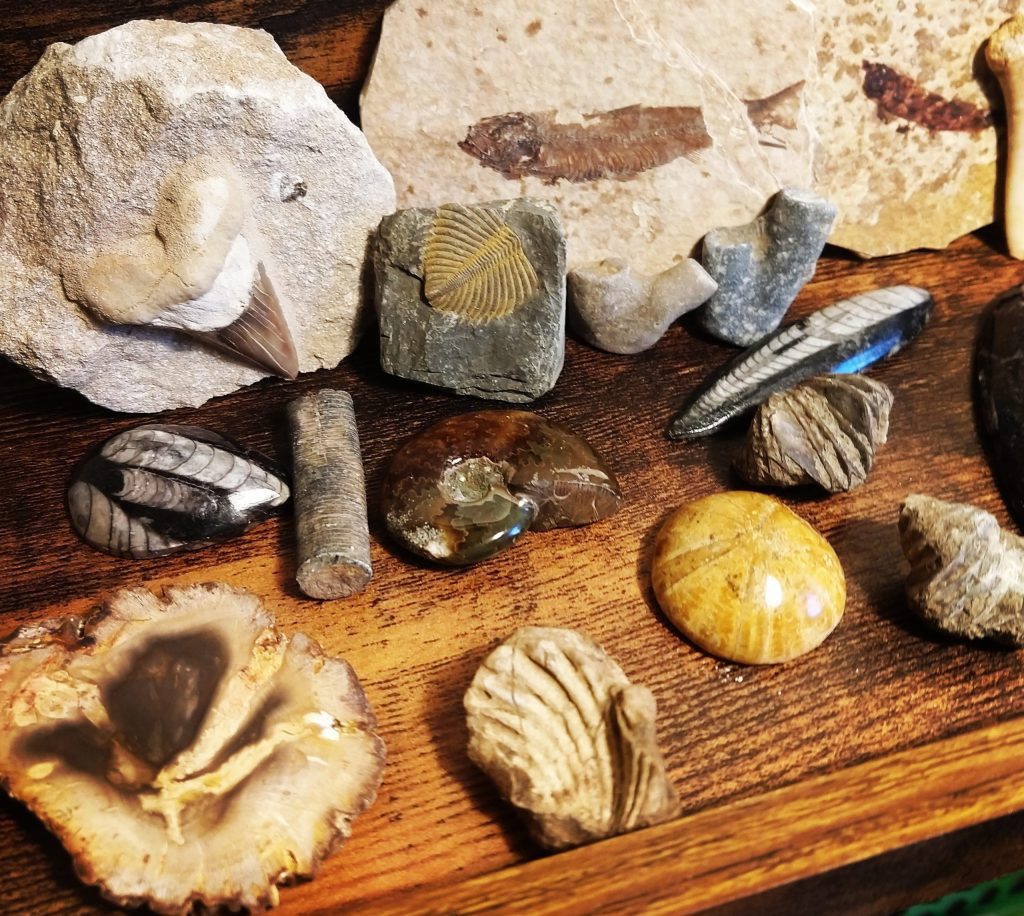
Florida is dotted with fossil-friendly spots, from the Peace River to the beaches of Venice, where shark teeth are as common as seashells. However, not all areas are open to collectors, so it’s important to research and respect the boundaries. Some of my favorite finds have come from these well-trodden paths, but remember, the best sites are often less disturbed.
7. Ethical Fossil Collecting
Ethical collecting is the cornerstone of the fossil-hunting community. It’s about more than following the rules; it’s about respecting the past and preserving it for the future. Collect with care, take only what you need, and never damage the sites. After all, these fossils have waited millions of years for us – let’s not be the end of their story.
8. Renewing Your Fossil Permit
Permits aren’t forever; they expire after a year. Mark your calendar to renew it annually, and stay on top of any changes in regulations. It’s a simple process, but one that’s easily overlooked in the excitement of planning your next expedition. So, don’t let an expired permit be the fossil in your shoe!
9. Florida Fossil Clubs & Societies
Joining a fossil club or society can enhance your collecting experience tenfold. Not only do they offer a wealth of knowledge and camaraderie, but they also often organize group digs and provide updates on regulations. It’s a fantastic way to dive deeper into the hobby and share your passion with like-minded enthusiasts.
Whether you’re in it for the thrill of the hunt or the love of science, Florida’s fossil scene is as rich as it is regulated. With the right permits and a respectful approach, you can unearth the remnants of ancient worlds. So grab your gear, get your paperwork in order, and happy hunting – may your next find be a testament to the ages!

